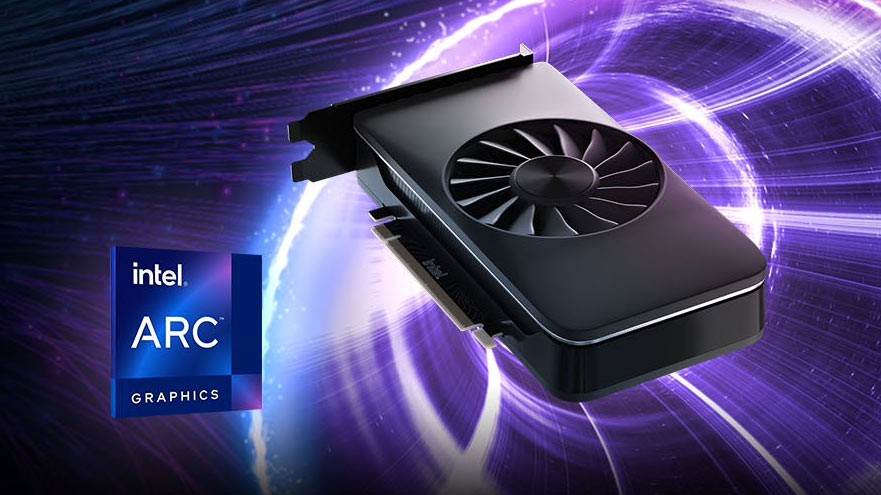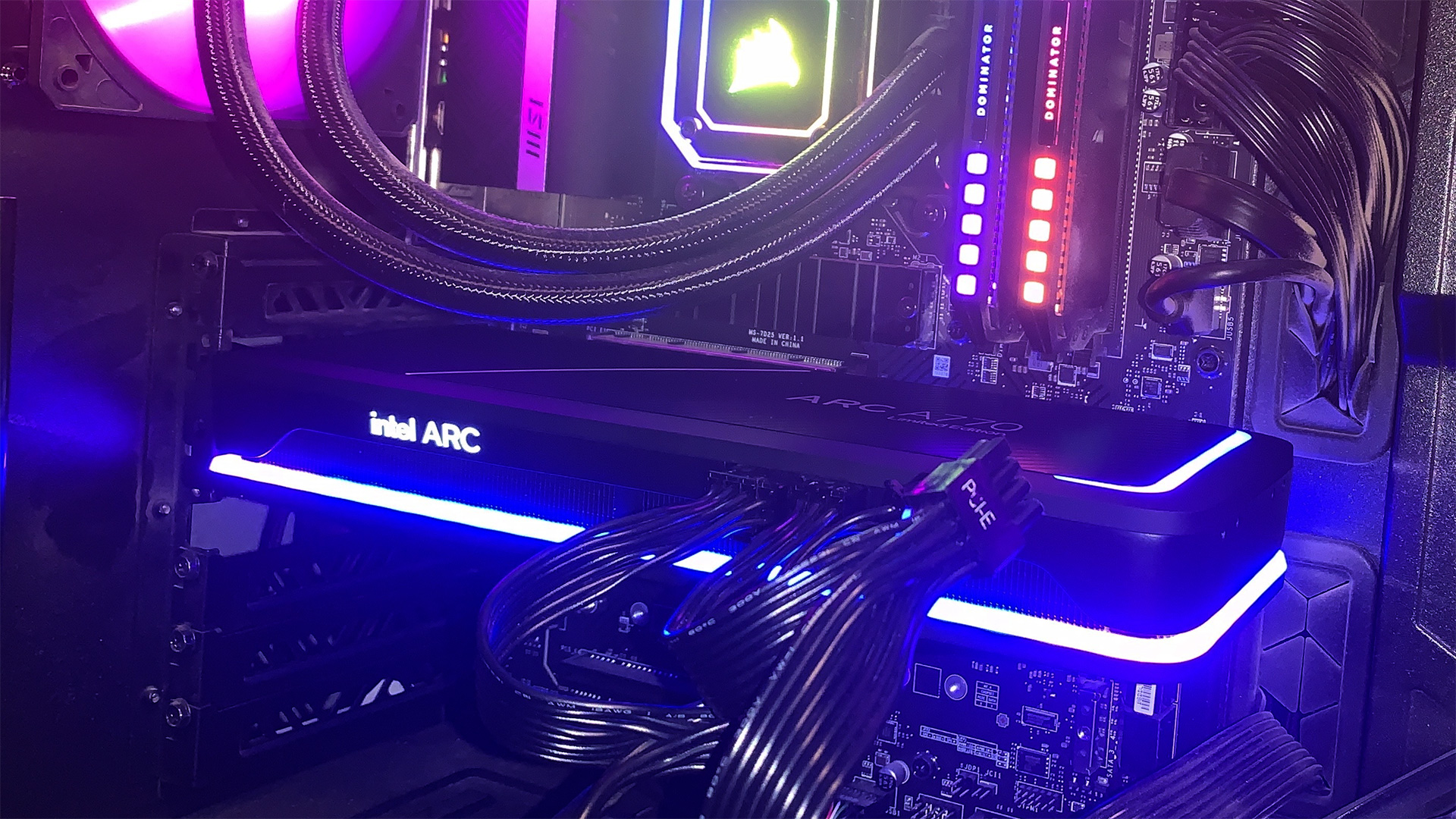
Intel graphics card users who prefer the Linux OS have a significant performance boost to look forward to. On Friday, the latest release of the Mesa (v23.2) code included a performance optimization that has precipitated some very worthwhile games frame rate boosts. For example, using the latest code on an Intel Arc A770 graphics card in Linux saw Counter-Strike: Global Offensive running 11% faster.
Intel open-source Linux graphics driver engineer Francisco Jerez discussed the intel/gfx12.5 code change on GitLab. According to Jerez, some performance features which were expected to be enabled by default, had been accidentally disabled by the kernel.
Confounding code detectives, the "Compressible Partial Write Merge Enable", "Coherent Partial Write Merge Enable" and"Cross-Tile Partial Write Merge Enable" bits all appeared to be enabled when a query was run on an idle system. Nevertheless, these L3 partial write merging features were "getting clobbered during 3D context initialization by an i915 workaround," and causing a "serious performance bottleneck."
This is an important performance sapping code error to catch, as it affects all DG2 (Arc Alchemist) graphics cards in Linux. The benefits will also be felt by upcoming users of Intel Meteor Lake integrated graphics.
As well as the 11% performance benefit mentioned above (in classic FPS CS:GO), Jerez also noted that Shadow Of the Tomb Raider improves by ~5.5%, and AztecRuins-VK improves by ~6.5% on a DG2-512 sample (Arc A770). No, performance penalties from the new code have been observed thus far.

Lastly, Jerez commented on the new Mesa code helping narrow the Windows / Linux performance gap. We note that Intel's Arc cards will probably see some more big gains like this on both Linux and Windows, due to relatively less mature driver software and the underlying raw performance figures (TFLOPs etc) indicating there remains untapped potential.
It is expected that the Mesa 23.2 code improvements will get to stable Linux OS distros sometime around late August or September.







